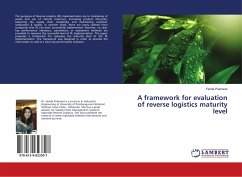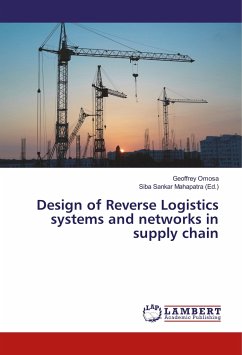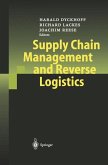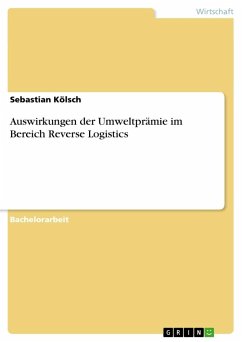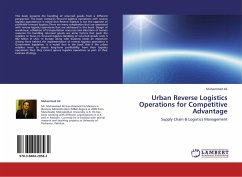The purposes of Reverse Logistics (RL) implementation are to minimizing of waste and use of natural resources, increasing product life-cycles, balancing the supply chain complexity, and maintaining customer satisfaction & loyalty. In another hand, there are many claimed from companies that RL has been successfully implemented. However, no clear key performance indicators, parameters, or assessment methods are provided to measure the successful level of RL implementation. The paper proposes a framework for assessing the maturity level of the RL implementation. The framework was designed in order to provide the information as well as a clear key performance indicator.
Bitte wählen Sie Ihr Anliegen aus.
Rechnungen
Retourenschein anfordern
Bestellstatus
Storno

